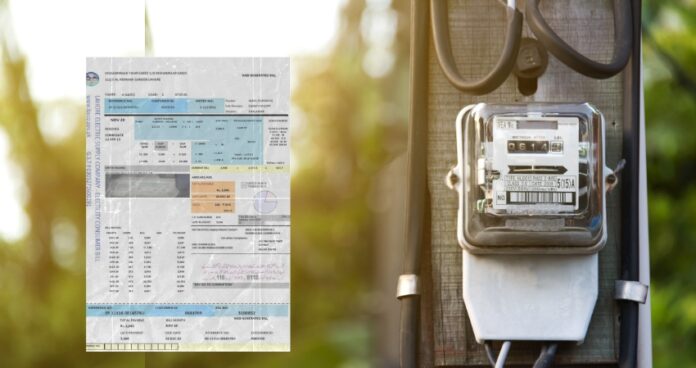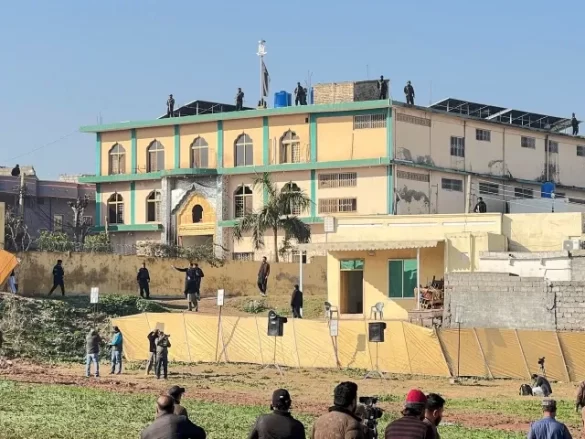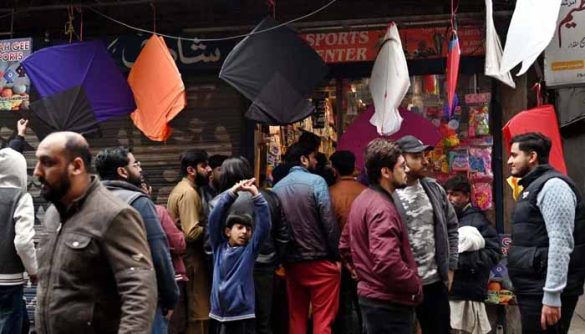Committee to Review Excess Billing Complaints
Prime Minister Shahbaz Sharif has announced the formation of a high-level committee to address public complaints about disproportionately high electricity bills for consumers using just over 200 units per month.
The move follows concerns raised during a federal cabinet meeting. Several ministers pointed out that households consuming exactly 201 units — just one unit above the protected threshold — are being charged up to an additional 5,000 Pakistani rupees per month for the next six months.
Cabinet members described the policy as “unfair” to low-income families, noting that the steep penalty for exceeding the 200-unit limit places significant financial strain on already burdened households.
Sharp Price Jump Beyond the 200-Unit Threshold
Under the current tariff structure, consumers using up to 200 units fall into the “protected” category, which grants them lower per-unit rates and government subsidies. However, consuming even a single unit more automatically places them in the “non-protected” category.
According to data discussed in previous parliamentary committee sessions, a household bill for 200 units averages around PKR 5,000 (approximately USD 18). But at 201 units, the monthly bill can suddenly surge to around PKR 15,000 (about USD 54).
This sharp jump of nearly 200% has triggered widespread frustration. Lawmakers argue that the existing slab system penalizes marginal overuse rather than charging proportionately for the extra unit.
NEPRA and Energy Ministry’s Role
Sources within the cabinet suggested that the 201-unit billing slab was deliberately designed by the National Electric Power Regulatory Authority (NEPRA) and the Ministry of Energy. While the official justification has not been made public, critics say the measure was introduced to discourage higher electricity consumption and reduce pressure on the national grid during peak demand periods. Some analysts also connect it to recent electricity subsidy cuts, which have contributed to rising bills nationwide.
However, consumer rights groups and opposition politicians counter that such measures are regressive. They argue that they disproportionately hurt lower-middle-income families, many of whom cross the 200-unit mark in summer months due to increased use of fans, coolers, or refrigerators.
Parliamentary Concerns Raised Earlier
The issue is not new. The National Assembly’s Standing Committee on Energy had previously discussed the matter. During those discussions, members questioned why the difference between bills for 200 and 201 units was so extreme.
One participant noted that while the government’s intention to promote energy conservation is understandable, the sudden jump in billing undermines public trust. They called for a more gradual and proportionate billing system that charges higher rates only for the excess units consumed, rather than for the entire consumption once the threshold is crossed.
Potential Impact and Next Steps
Electricity tariffs in Pakistan have been under intense public scrutiny in recent months, as inflation and rising energy prices squeeze household budgets. In July 2025, the consumer price index recorded an annual inflation rate of over 12%, with electricity contributing significantly to the increase.
The new committee, as announced by Prime Minister Sharif, will review the tariff slab structure, assess its socio-economic impact, and submit recommendations to the federal cabinet. Any decision to amend the billing system will require both NEPRA’s approval and adjustments to the Ministry of Energy’s regulations.
Energy policy experts suggest that Pakistan’s broader power sector challenges — including high generation costs, circular debt, and reliance on imported fuels — make tariff reform a politically sensitive issue. Adjusting the 200-unit threshold without increasing subsidies would require careful fiscal balancing.
Public Response and Wider Debate
The issue has sparked debate on social media, with many users sharing images of inflated bills and questioning the fairness of the system. Consumer advocacy groups have urged the government to consider seasonal variations, suggesting that a higher summer threshold could prevent low-income households from falling into the non-protected category.
While the government’s review is a welcome step for many, expectations remain high for a swift resolution. As one Karachi-based consumer put it in a televised interview: “We are not asking for free electricity. We are asking for fairness — a single extra unit should not cost us an extra ten thousand rupees.”















